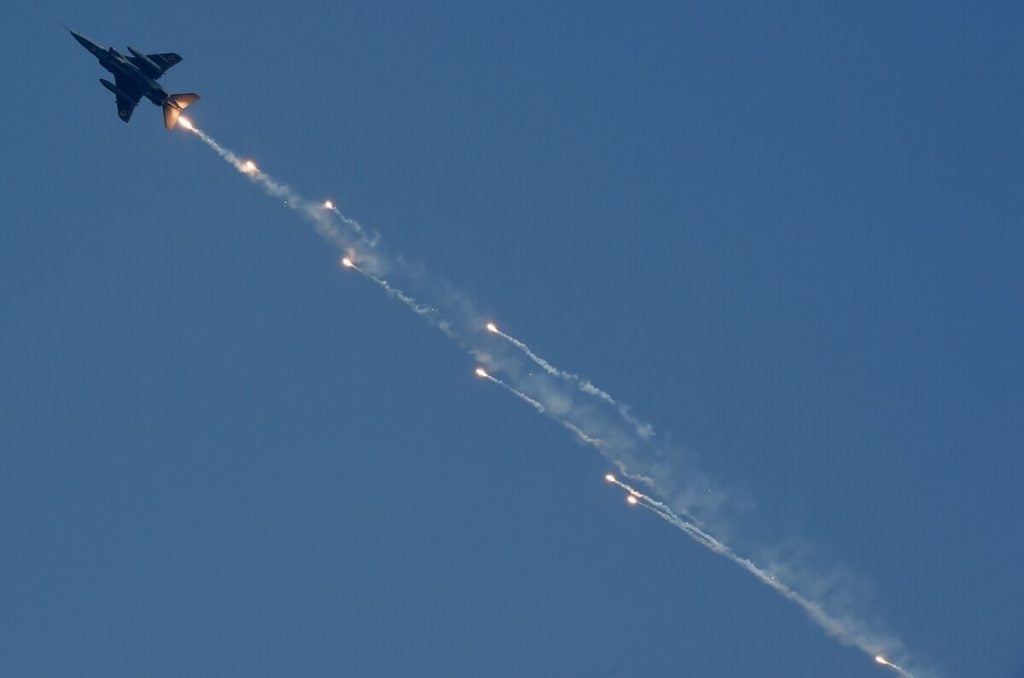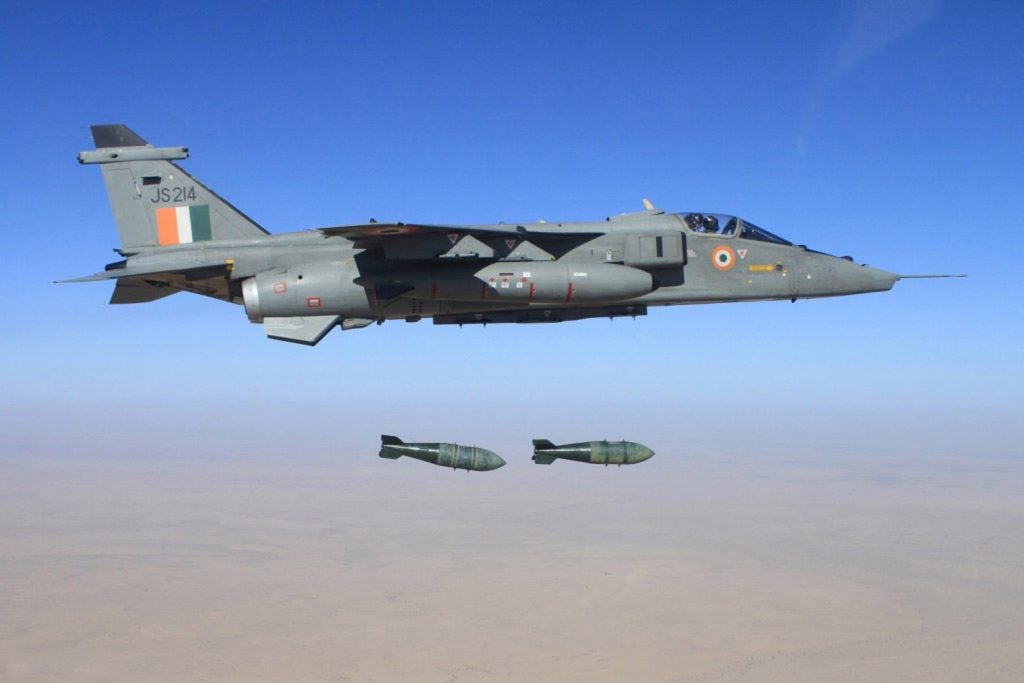India Cancels Jaguar Engine Upgrade Program
India has been looking to install new engines on its ageing, but still capable, fleet of Jaguar ground attack jets for years. The Jaguars, bought in part from British aerospace giant BAE Systems and Hindustan Aeronautics Limited (HAL), form an integral part of the country’s ground attack capabilities, where they are complemented by MiG-27s, and more broadly, Su-30s and Dassault Rafales. However, due to excessive cost, this program has been canceled before any upgrades were made.
India originally selected Honeywell’s F125IN engine back in 2012, but the program has hit repeated delays and snags. The metaphorical straw that broke the camel’s back was the recent cost estimate provided to India that saw the price increase from $700 million in total in 2012 to over $2.4 billion today. In equal measure, HAL, who would have done the actual work, was pricing the job at $3.12 million per engine installation, a price too high to pay for increasingly dated combat jets.
The original plan, before cost estimates grew wildly out of control, was for eighty of India’s 100+ Jaguars to get the engine upgrade. The Indian Air Force reportedly maintains some twenty six of the jets as trainers, with somewhere around ninety in combat squadron service. The upgrade then, would have seen the overwhelming majority of their combat-capable Jaguars equipped with the new, more powerful engine.

Engine power is something the Jaguar family has always lacked, especially compared to larger twin engined fighters of similar vintage. The twin Rolls Royce Ardour engines were designed for use in a advanced twin engine trainer aircraft, not a strike aircraft loaded with sensors, weapons, and other electronics. Incremental upgrades throughout the life of the force in the UK, France, and India saw lighter electronics and sensor fits, as well as upgrades to the engines, but the Jaguars were always at their best low to the ground and at full throttle.
According to current IAF plans, the Jaguars will be retired starting in 2023. At this point, with just four years of life expected from the fleet, it is understandable why the IAF is unwilling to spend exorbitant amounts of money upgrading the fleet. The delays in this deal shot down the last chance the Indian Jaguars had at receiving upgrades before their final retirement.

